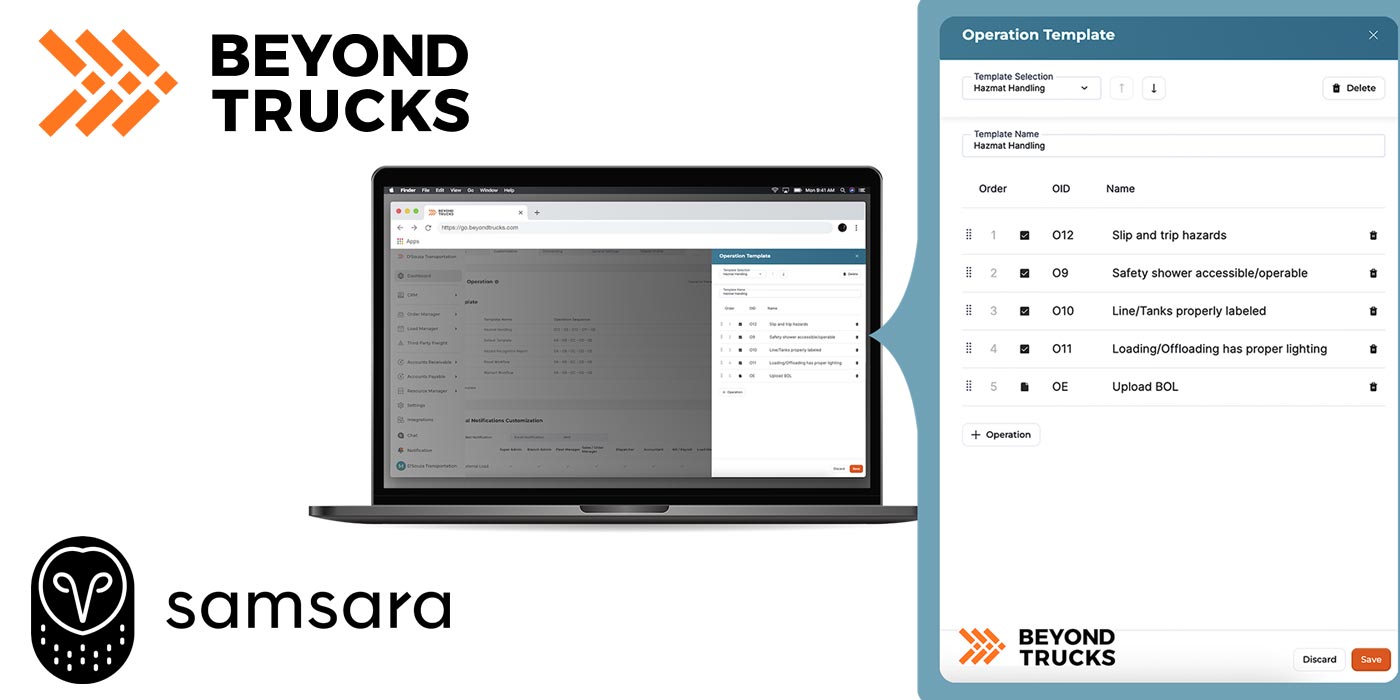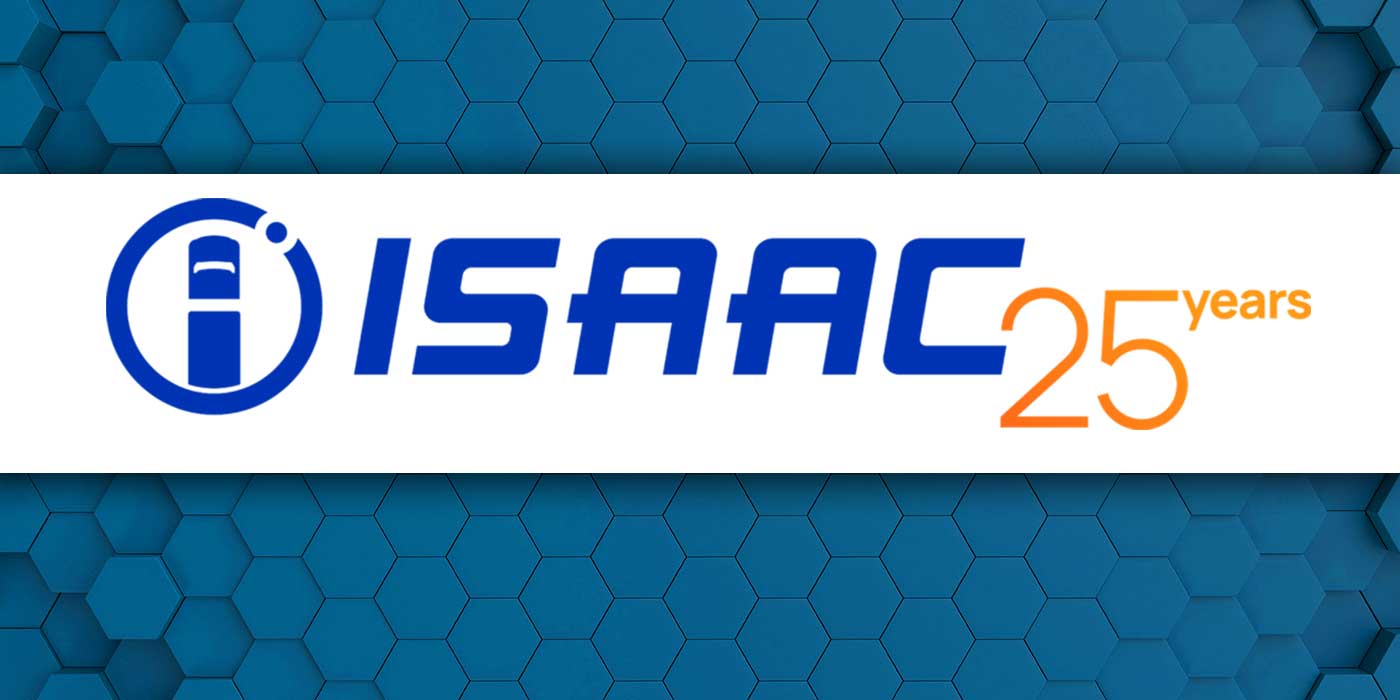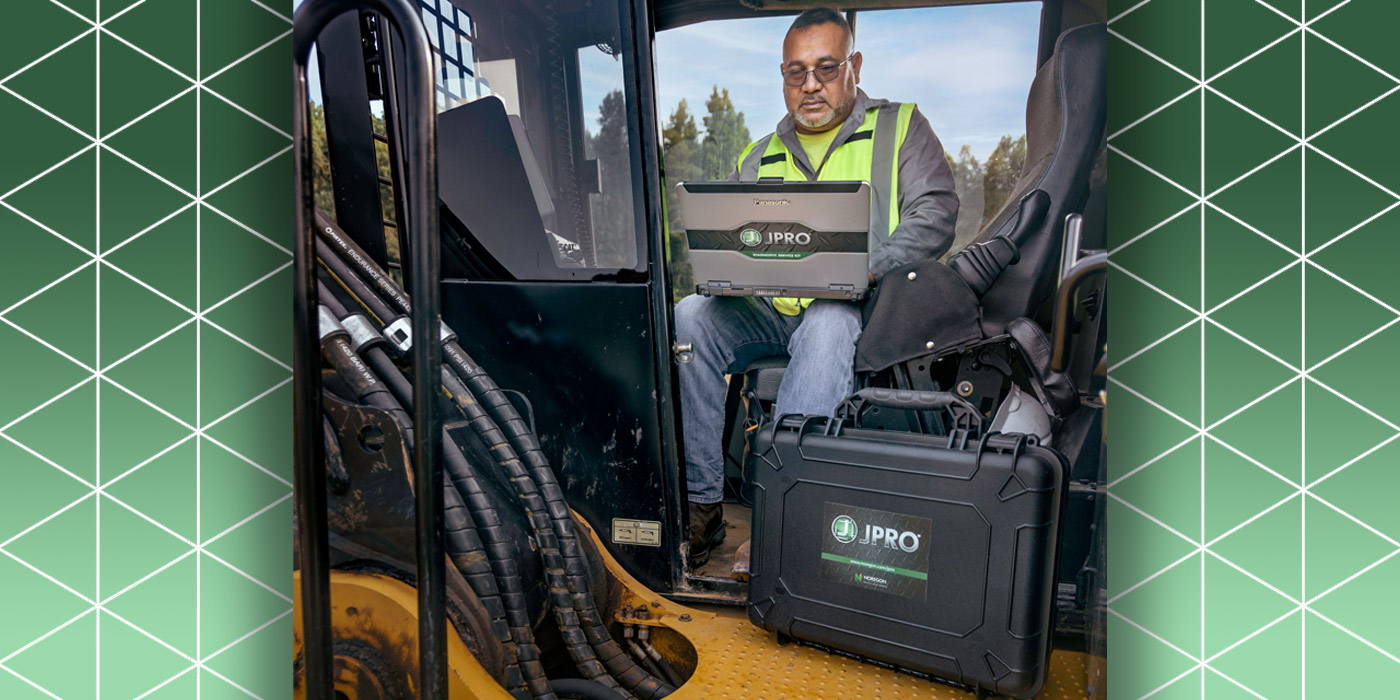As a fleet manager, your greatest asset is your drivers–so efficiency and safety are always a concern. Drivers can find themselves speeding, idling, and taking longer routes than needed to get to their destinations, which may jeopardize business costs and their well-being.
Around 13 vehicle accidents occur every minute in figures released by the Bureau of Labor Statistics. That equates to approximately $474 billion in costs to the economy, according to a report by the National Safety Council. The cost of dealing with accidents caused by drivers can be catastrophic, both in manpower and financial burden, making a properly trained fleet important for success.
The best opportunity to help driver behavior and coaching is using technology. In fleet management, data via an integrated telematics solution is an underrated asset in driver performance improvement. It often holds the key to help increase safety, lower business costs and improve efficiency in business operations.
The following are three key reasons why fleet managers should consider telematics to help improve overall fleet performance:
Help reduce likelihood of crashes
Improved driver performance can help decrease accidents, the possibility of driver injury and the risk of financial burden. Statistics show that video telematics and its intuitive insights for driver training and scheduling can reduce vehicle crashes by as much as 35% according to AXA Insurance, helping to save employers around $75,000 per injury according to the Network of Employers for Traffic Safety.
Greater insights into driver behavior can lead to a more proactive and preventative approach to fleet management. Safety issues can be addressed based on the available data.
Help lower total cost of ownership
Not surprisingly, studies show that driver behavior can have an effect on total cost of ownership (TCO). DriveTech, the fleet safety consultant, reports that 47% of TCO is driven by driver behavior, broken down by fuel usage, insurance, and vehicle service, maintenance and repairs. With telematics, fleet managers get greater visibility into operations through efficiency reports and more.
The user-friendly cultivation of data via accessible digital platforms helps increase the transparency of day-to-day operations so you spend less time reviewing data and more time coaching drivers.
Improved fuel efficiency
In the journey toward a more sustainable future, data to help fuel efficiency is invaluable, as Teletrac Navman reports 34% of fleet professionals cite telematics as a major benefit in meeting regulatory compliance requirements. With real-time, easy-to-use assessments on your company’s sustainability goals, emissions have become simpler to track – and can then be reduced–over time, whether that’s via route optimization or servicing less efficient vehicles in your fleet.
A safer, more efficient and more sustainable fleet future is possible with the benefits of ever-intuitive telematics technology. It makes fleet management less daunting, helping to increase fleet success, drive revenue and improve the safety of drivers. Consider seeking out a telematics solution to help increase revenue, transforming insights into actionable progression for your business.
Sasha Arasteh is the E-Mobility and Services Manager, Shell America for Shell Telematics. Click here for full information on the benefits of telematics for your ongoing fleet management needs. To read Shell’s latest longform article, “Telematics Unleashed: Are You Getting the Most From Your Data?”, visit Shell’s website.













